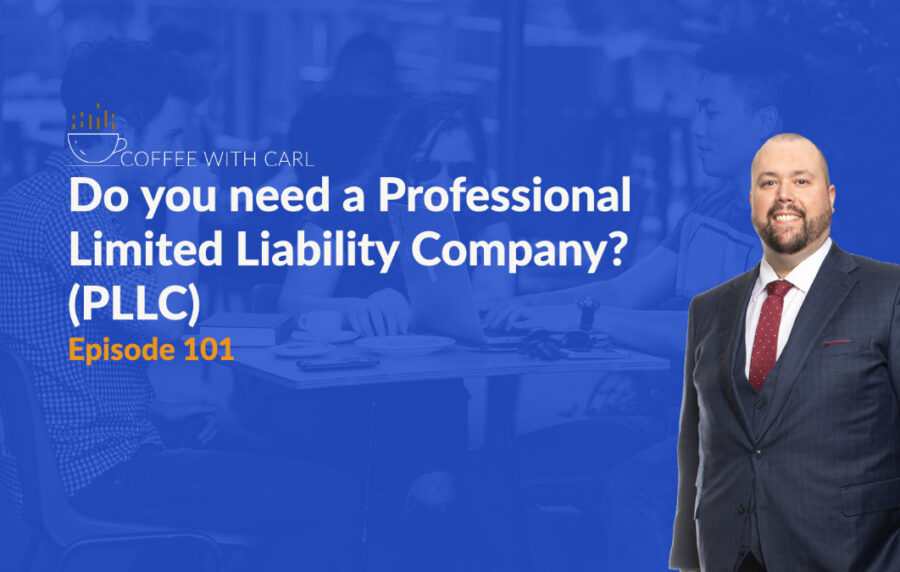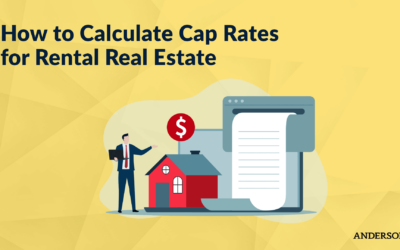What you need to know about PLLCs and PCs
In this episode of Coffee with Carl, attorney Carl Zoellner looks at how and where to use PLLCs versus PCs
Welcome to this episode of Coffee with Carl. I am your host, Carl Zoellner, one of the attorneys with Anderson business advisors.
Today we’re going to discuss professional business entities. The most common of these are the PC, the professional corporation, or the PLLC, the professional limited liability company.
If you are a professional, you may have seen these designations. If they’re popular in your state, you may have seen these designations as well. One state that comes up particularly often is California because there are professions in California that require professional corporations. Doctors tend to require professional corporations in California.
State Recognition
When talking about PLLCs or PCs, some states recognize a professional corporation and don’t recognize professional LLCs. Some recognize professional LLCs but don’t recognize professional corporations and some recognize both. It’s going to depend on the state you’re in, as well as the profession you’re in. One state that requires a professional business entity for real estate agents and brokers is Arizona, which is random when we start talking about the 50 state applicability.
But that’s another one that we see often. Something to keep in mind when we start looking at professional LLCs or professional corporations if you are a professional, is we need to look at the language. Professional entities are great. Lots of professionals like them because it gives their business an additional level of professionalism. However, not all states require it.
Some states allow it, so we need to look at the language because quite frankly, if it doesn’t matter to you if you’re a PLLC or a PC, a lot of times just going to be easier to run your business as a traditional corporation or traditional LLC. With PLLCs, there are general rules that come with them who can be involved as an owner or have substantial decision-making power. It can only be professions of that same profession or professionals who have that same profession. In most states, there’s one option or another. If you do think there is some benefit to having that professional designation on the entity, it is an option. We just need to look at it and draft that entity specifically for that purpose. Usually there are some additional filing requirements as well.
The Takeaway
So, that’s about it on our professional business entity talk here. As always, keep taking advantage of our free educational opportunities and the free content that we put out on the web. So that’s Toby’s Tax Tuesday, our tax and AP events for our clients who’ve already gone through our Tax and Asset Protection event.
Our Structure Implementation Series is fantastic. That answers a lot of the questions you have in the beginning. So a lot of different educational opportunities out there. One of my favorites as well is our Infinity Investing Workshop.
Resources mentioned in this video:
- Join our next Tax & Asset Protection event to learn more advanced tax minimization & entity structuring strategies
- Subscribe to our YouTube channel to make sure you never miss the latest strategies & updates
- Check Out Toby’s Video where he mentions PLLC on your business card
Got an idea for a future Coffee with Carl? Send it to Carl at cwc@andersonadvisors.com.











